Executive Courses
Upskilling Your Workforce through TDSI’s Executive Courses
TDSI’s Executive Courses under its Continuing Education arm look at domain-specific disciplines in systems thinking and systems engineering, as well as any in-trend/ emerging technologies, to upskill the Singapore defence workforce in line with the nation’s advocacy for lifelong learning. Embracing the digital transformation landscape today, participants will benefit from these courses, learning from subject matter experts from the defence technology community and/or academic institutions, on valuable topical knowledge and skillsets to manage real-world applications. This allows course participants to strengthen their capabilities and value-add to their employing organisations.
TDSI’s Executive Course “Military Navigation Systems Workshop” for Singapore’s Defence Technology Sector
Given the critical importance of navigation in modern military systems and operations that leverages on smart technologies, access to reliable navigation data is imperative while denying them to adversaries during military operations. The executive course on “Military Navigation Systems Workshop” aims to highlight the vulnerabilities in military navigation systems under different deployment scenarios, and share potential corresponding counter-measures. Participants from the defence technology community were appreciative of the knowledge gained from the workshop and acknowledged that the learning was highly relevant and impactful to their current field jobs/ projects. This workshop is well-recognised by the Professional Engineers Board and qualified for 6 Professional Development Units.
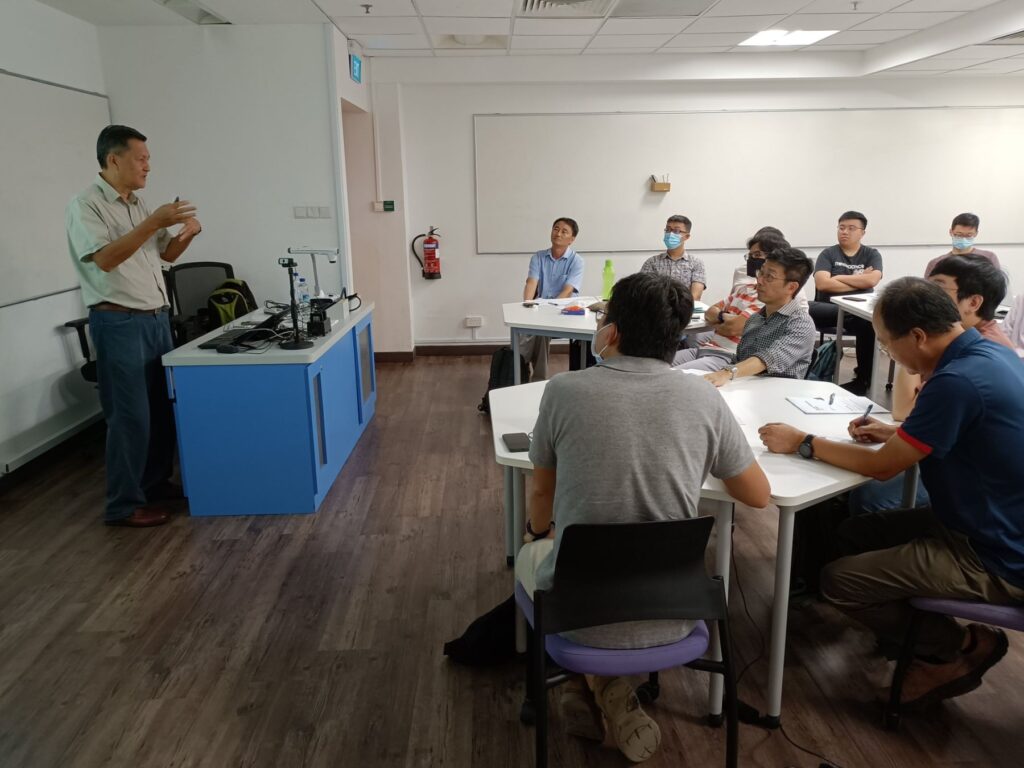
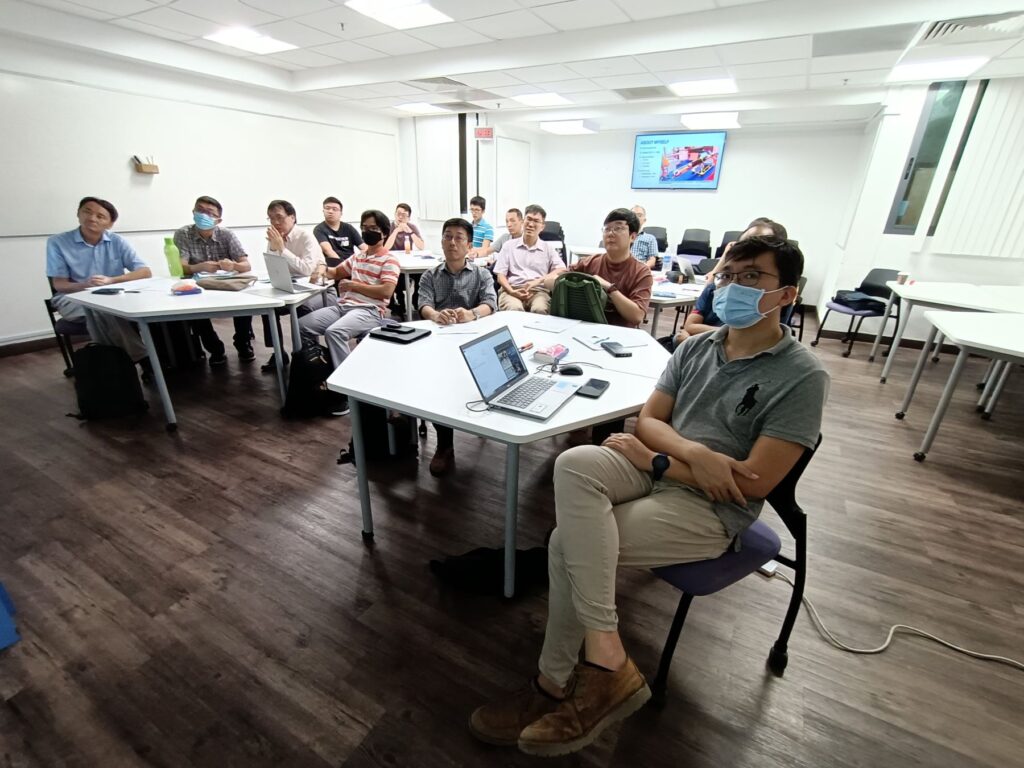
TDSI’s Executive Course “Systems Engineering and Analysis of Emerging Advanced Technologies for Defence Applications”
It is important for the Singapore defence forces to be at the frontier and be knowledgeable about emerging technologies for defence applications. The executive course on “Systems Engineering and Analysis of Emerging Advanced Technologies for Defence Applications” aims to present concepts and methods for engineering and analysing emerging advanced technologies, that include artificial intelligence and directed energy weapons, for defence applications. Course participants from the defence technology community have learnt and gained insights from the course that introduced concepts in complexity theory, strategic thinking, technology assessment, systems engineering and systems analysis. Course participants were appreciative that the learning gained have value-added to their current work with their primary affiliated organisations in the defence eco-system.
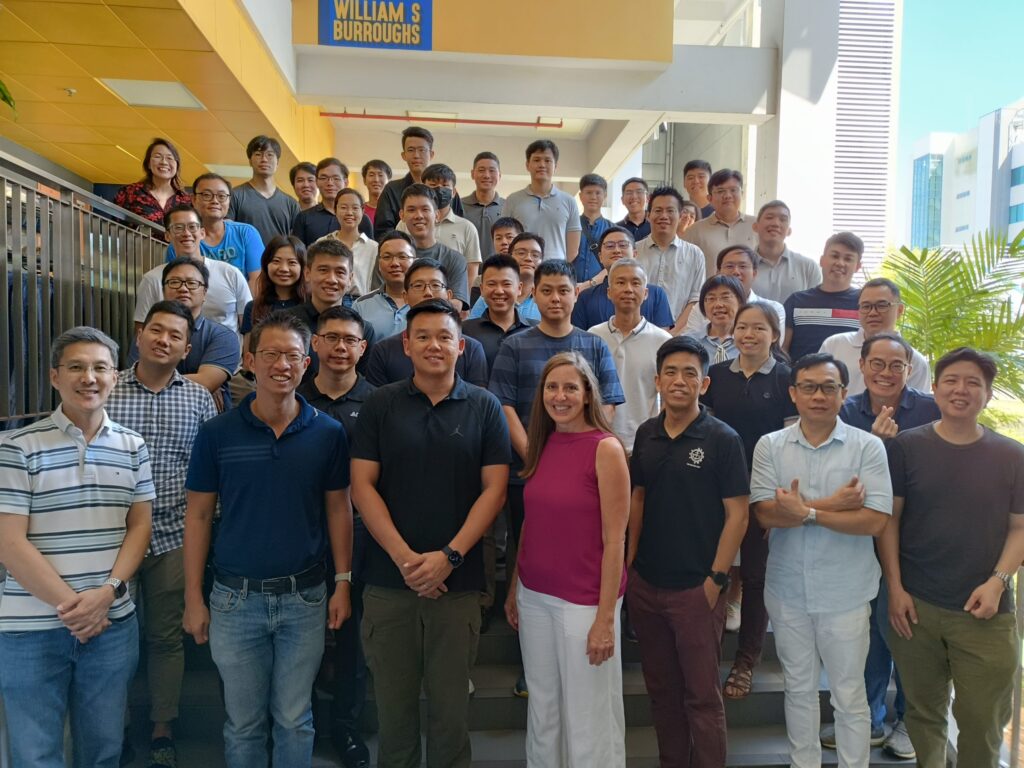
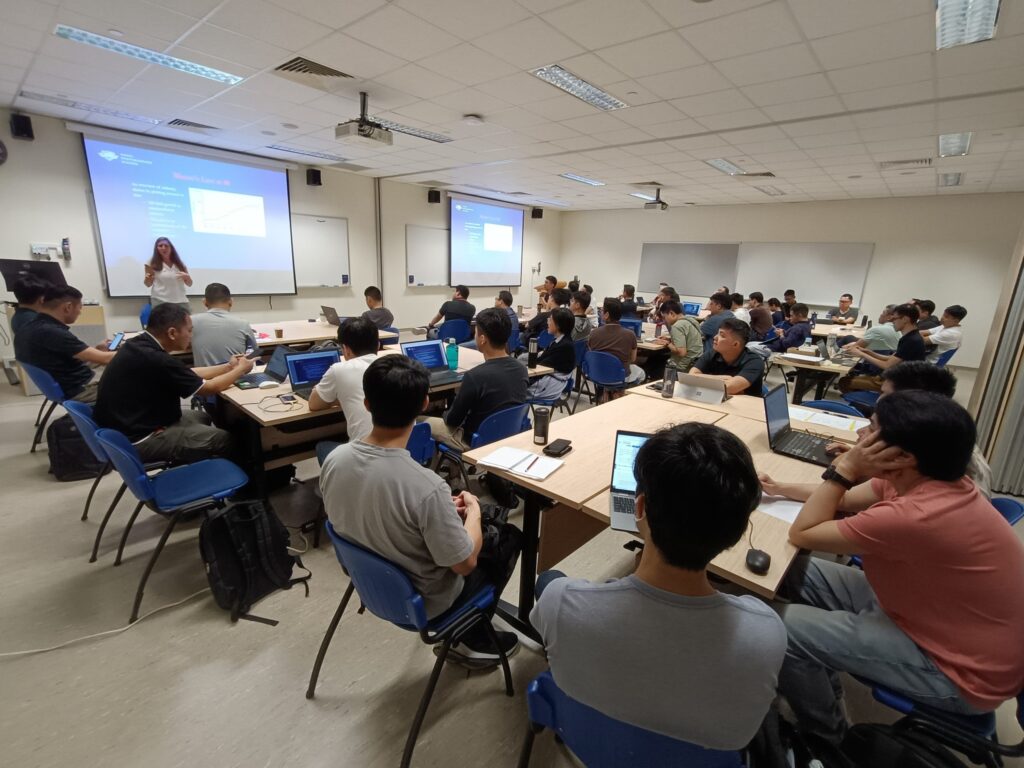
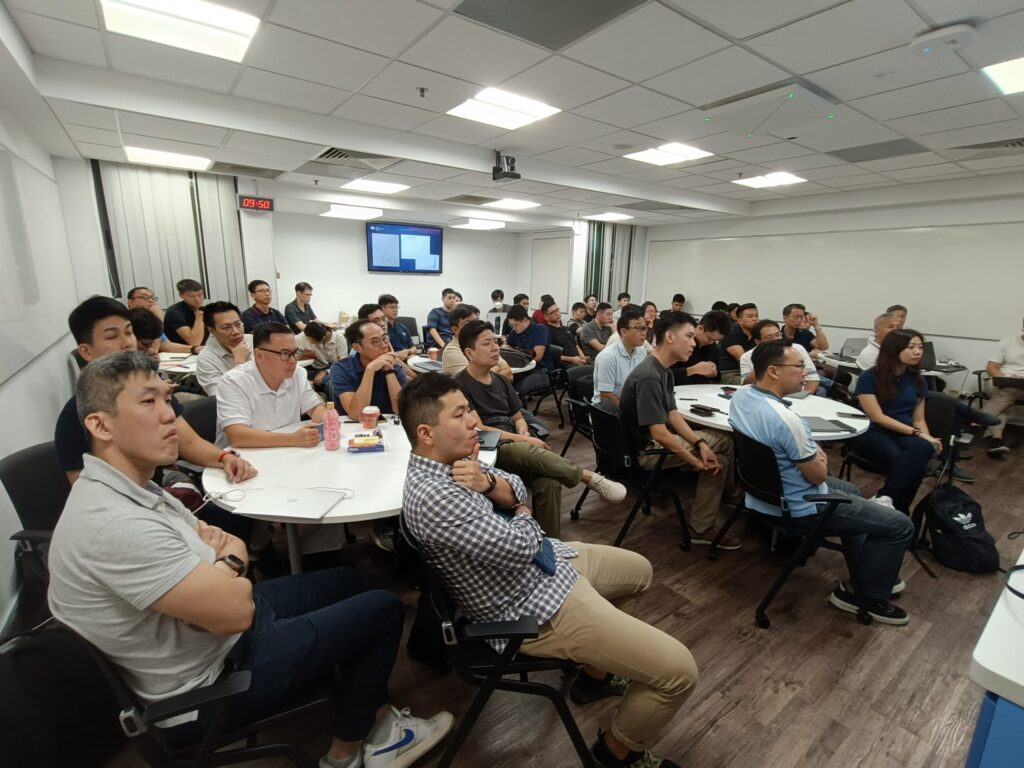
TDSI’s Executive Course “Generative Artificial Intelligence”
Artificial Intelligence (AI) technologies have been widely adopted in operations and work processes/ systems at the national level and in various industries. Generative AI is the latest cutting-edge technology that has been launched to extreme popularity, with progressive adoption by enterprises and industries because of its capabilities that can boost productivity and value-add decision-making, alongside many other deployment opportunities. Recognising the increasing importance of Generative AI for the defence sector, TDSI organised the executive course on this in-trend technology for the Singapore defence technology community to equip them with the fundamental knowledge of key concepts and applications of Generative AI, included algorithms such as generative adversarial networks (GANs) and variational autoencoders (VAEs). Course participants learnt how Generative AI could enhance military operations, from synthetic training data generation to scenario planning and decision support systems. This course is well-recognised by the Professional Engineers Board and qualified for 12 Professional Development Units.
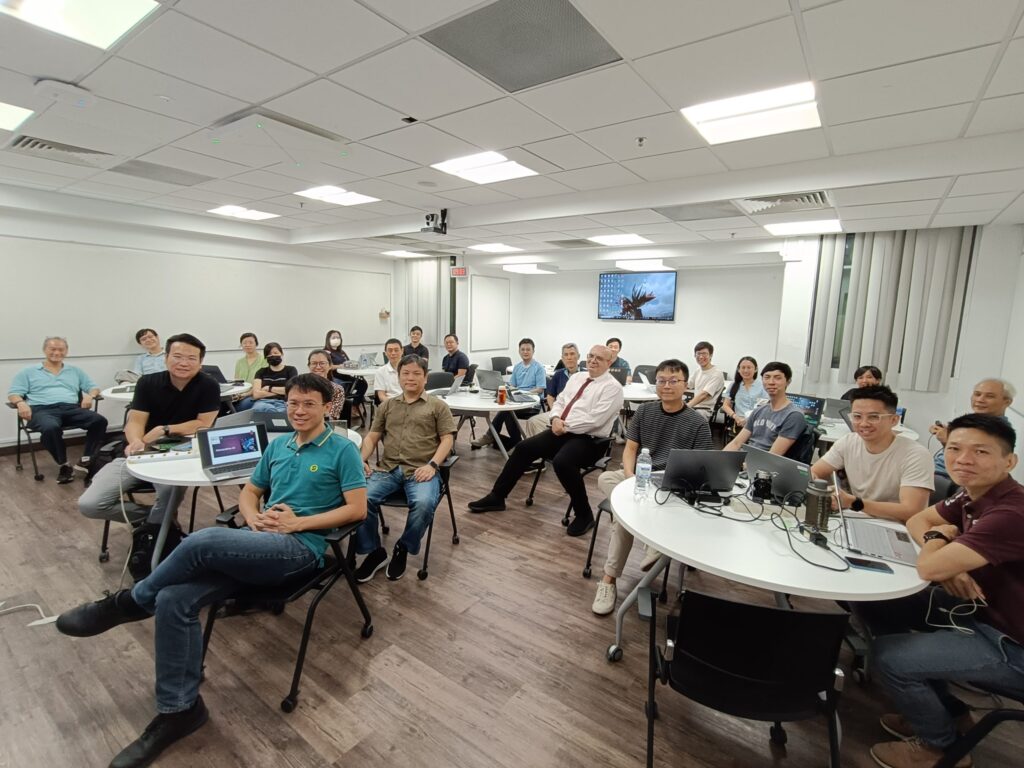
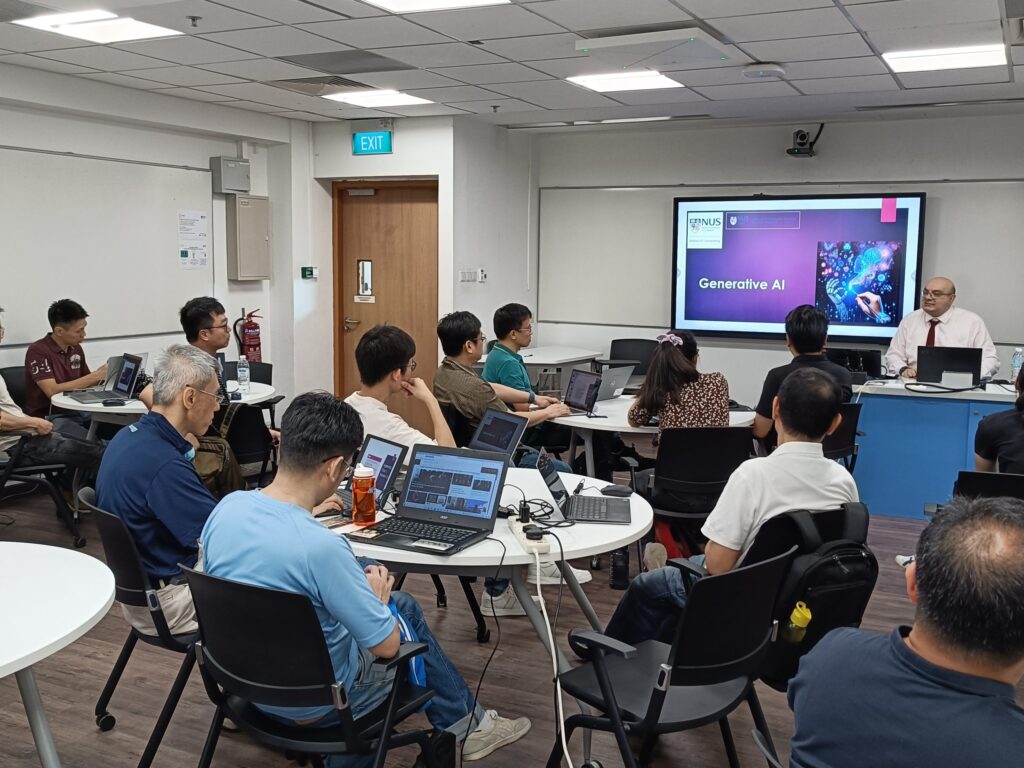
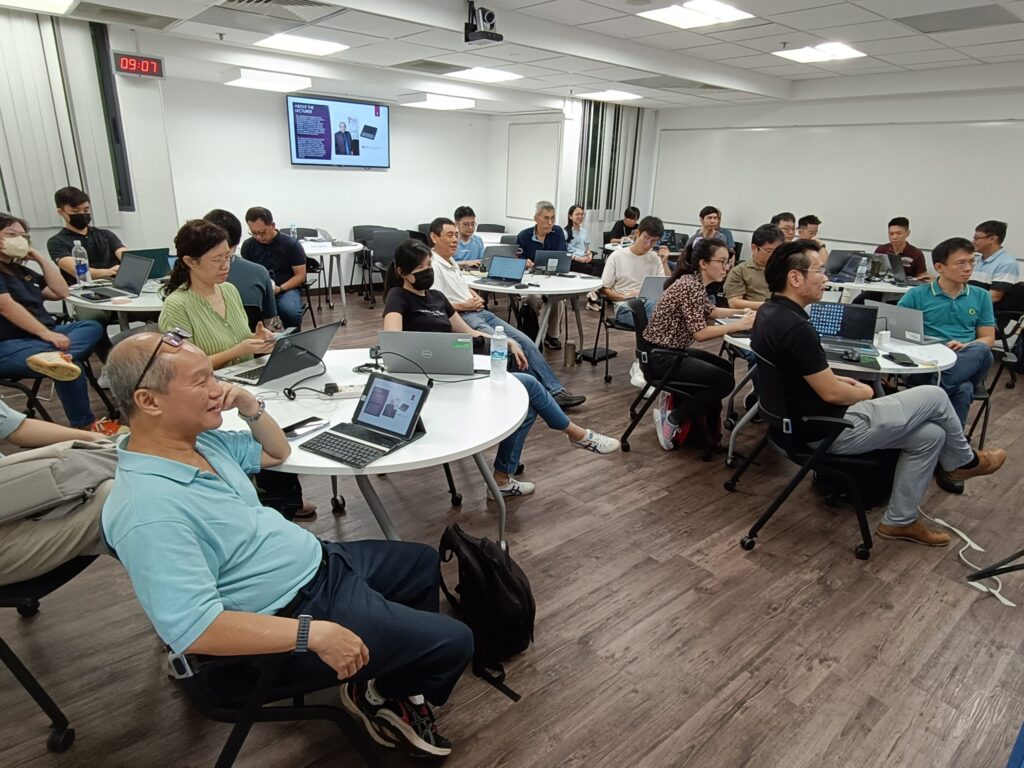

Autonomy/Artificial Intelligence and
Systems Engineering
Overview
This course aims to advance engineering/technical practitioners/professionals who are equipped with existing systems engineering knowledge and basic awareness of artificial intelligence (AI) to enable their contributions in the systems engineering activities and projects to develop AI enabled systems.
Learning Outcome
Course Outline
Who Should Attend
Lorem ipsum dolor sit amet, consectetur adipiscing elit. Ut elit tellus, luctus nec ullamcorper mattis, pulvinar dapibus leo.
Speakers

Professor John Economou
CEng IET FHEA
Professor of Defence Robotics and Autonomous Systems
Deputy Head of Centre for Defence Engineering
Cranfield Defence and Security
Professor John Economou CEng IET FHEA is a Professor of Defence Robotics and Autonomous Systems and is the Deputy Head Centre for Defence Engineering at Cranfield Defence and Security and Head of the Vehicles and Mechatronics Group. He is also the Campaign lead for Robotics and Autonomous Systems and Human Machine Teaming (RAS-HMT) and the International Cranfield Defence and Security representative for the University’s International Committee. John has authored/co-authored over 98 publications including book chapters, peer-reviewed Journals, refereed conference papers, and abstract refereed papers in the area of Control Systems for land and aerial platforms.
He has successfully chaired, supervised to completion of many PhD research students and MSc students and has been appointed as the External Examiner of PhD thesis at other UK Universities and Overseas and the Internal PhD Examiner within the University in different Departments/Schools. At the University level, he has directly contributed to the REF 2021 process, both reviewing papers and impact case studies in support of the REF Operational Group. Cranfield achieved an 88% of research rated world-leading (4*) or internationally excellent (3*) and was ranked 7th in the UK for Engineering research power. He is also an active reviewer the next REF University submission. He was the Course Director of the Military Aerospace and Airworthiness MSc for the University and is currently Course Director of the Aerosystems MSc, both courses developed for the UK Ministry of Defence. He has been leading the process for the development of the latter course for the University. John has led and supported work for sponsors such as UK MOD, BAE Systems, HQ Air Command, Allen Vanguard Ltd, EPSRC, Mexican National Research Council for Science and Technology, and Igence Radar Ltd and USA DoD organisations delivering courses in the area of Control and autonomous systems. As an example of consultancy work, John has worked on land vehicle platform stabilisation using decision-making methods in a product intended to be used as a full-scale concept demonstrator prior to commercialisation using embedded control design. Currently, he supervises amongst several students a Research PhD work in relation to inertial measurements. Furthermore, John is placed at the Defence Academy of the UK which offers a thriving environment thus keeping our UK military personnel informed and educated with the latest technical and leading developments in the field.
Details
-
19 May 2025 - 21 May 2025
- -
- By Invitation Only
